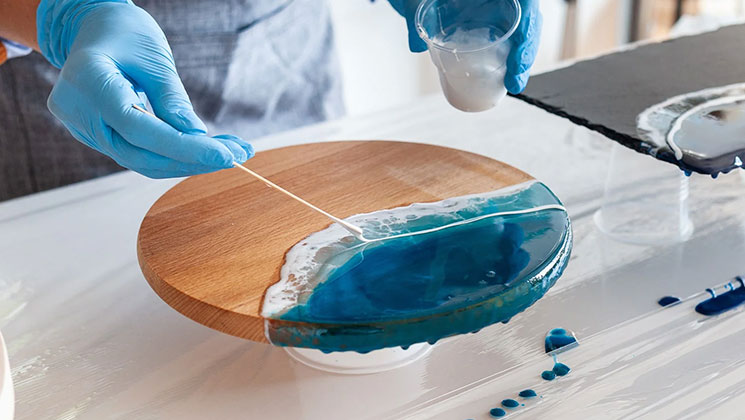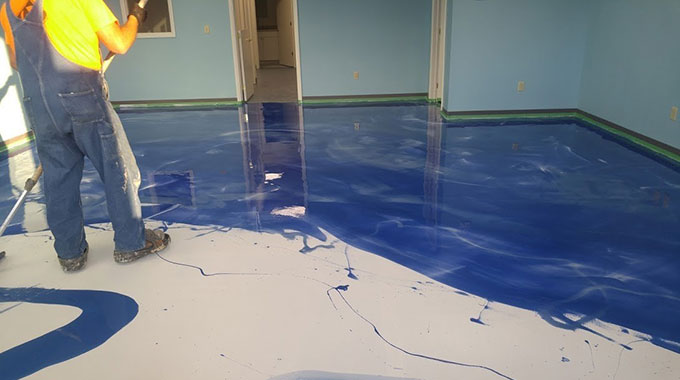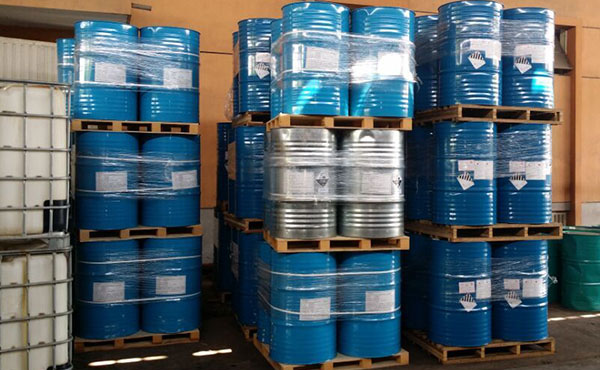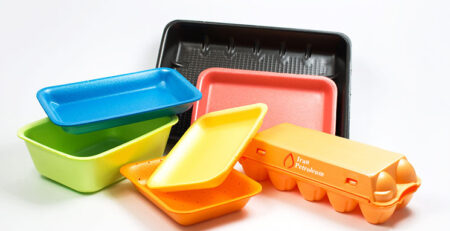Epoxy Resin
Epoxy resin is an adaptable and useful material that has a wide range of applications in various industries. It is a type of synthetic polymer that is created by mixing two different components together, an epoxy resin and a hardener.
The nature of epoxy resin and its various types
There are several types of epoxy resins with unique features and applications, including:
- Bisphenol An Epoxy Resin (DGEBA): The most commonly used type of epoxy resin is Bisphenol epoxy resins, which are produced by reacting bisphenol A with epichlorohydrin. These resins have high mechanical strength, good adhesion, and excellent chemical resistance, making them ideal for a wide range of applications such as coatings, adhesives, composites, and electronics.
- Novolac Epoxy Resin: Novolac epoxy resins are synthesized through the reaction between epichlorohydrin and phenolic novolac resins. These resins exhibit exceptional thermal stability and high cross-link density, making them ideal for use in applications that require high-temperature resistance such as coatings for chemical processing equipment, tanks, and pipelines.
- Aliphatic Epoxy Resin: Aliphatic epoxy resins are produced as a result of reacting aliphatic amines with epichlorohydrin. These resins exhibit exceptional color stability and UV resistance, which makes them an ideal choice for outdoor applications such as coatings for buildings, bridges and automobiles.
- Cycloaliphatic Epoxy Resin: Cycloaliphatic epoxy resins are produced by reacting cycloaliphatic diamines with epichlorohydrin. The low viscosity and excellent chemical resistance properties of these substances make them ideal for utilization in adhesives and coatings.
- Glycidyl amine Epoxy Resin: Glycidyl amine epoxy resins are produced by reacting amines with epichlorohydrin. They have excellent impact resistance and toughness, making them suitable for use in composites and adhesives.
The applications of epoxy resins
Epoxy resins have several various applications, including using as adhesives because of their strong bonding capabilities. The aerospace, automotive, construction, and electronics industries all use epoxy adhesives extensively.
They are used as Coatings for floors, walls, and other surfaces. They are a popular choice for commercial and industrial sectors, such as factories, due to their durable and visually appealing finish that is highly resistant to chemicals, abrasion, and impact.
Epoxy resins are used as Composites, which are known for their lightweight and strong, making them ideal for use in aerospace, automotive, and sporting goods applications.
Epoxy resins possess excellent mechanical, thermal, and electrical properties, making them a great choice for electrical insulation. They are used in a variety of electrical insulation applications, including transformers, motors, generators, and electronic components, due to their high dielectric strength. This means that they can withstand high voltages without breaking down or conducting electricity.
Furthermore, epoxy resins are commonly used in tooling and molding. Epoxy tooling provides numerous benefits compared to other materials like steel or aluminum, and they are less susceptible to distortion during curing or when subjected to temperature changes.
Epoxy resins are widely used in marine applications due to their excellent adhesive, mechanical, and chemical properties. These resins are used in various marine applications such as building, repairing, and maintenance of a boat.
They are also used in the construction of marine structures such as docks, piers, and bridges, as they provide excellent adhesion to concrete and steel surfaces, making them ideal for use in marine construction projects.
Various types of epoxy resin are produced in Iran
Iran stands out as a top producer of epoxy resin in the Middle East region.
There are several types of epoxy resins produced in Iran, including:
Di glycidyl ether of bisphenol-A (DGEBA), which is the most commonly used type of epoxy resin in Iran. It is produced by the reaction of bisphenol-A and epichlorohydrin. It is used in a variety of applications, such as coatings, adhesives, and electrical laminates.
Another one is Novolac epoxy resin, which has a high cross-link density and is used in high-performance applications, such as aerospace and automotive composites.
Aliphatic epoxy resin is also produced in Iran, which has good UV resistance and is used in outdoor applications, such as coatings for bridges and buildings.
In Iran, several companies are producing epoxy resins, including Pasargad Oil Company, Arya Sasol Polymer Company, and Arak Petrochemical Company. This plays a significant role in fulfilling the requirements of various industries both domestically and internationally.
The quality of epoxy resin produced in Iran
Iran is recognized for producing a diverse range of industrial products, including epoxy resins. Depending on the manufacturer and the specific products, the quality of Iran’s epoxy resin can vary significantly. Overall, Iran has a well-established epoxy resin industry, and several companies produce high-quality resins that meet international standards.
The largest producers of epoxy resin in Middle-east are Iranian companies which produce a diverse range of epoxy resins, including liquid, solid, and solution types for various applications, such as electronics, and aerospace. The Iranian companies use advanced technology and high-quality raw materials to produce resins that are consistent with international standards.
They produce a range of epoxy resins for use in coatings, adhesives, and composites. To ensure that the products meet international quality standards, the companies employ advanced production techniques and implement rigorous quality control measures.
To which countries does Iran export its epoxy resins?
Iran exports its epoxy resin to several countries around the world. Some of the major importers of Iranian epoxy resins include China, India, Pakistan, Turkey, South Korea, and Japan. In addition, Iran also exports its epoxy resin to several European countries such as Germany, Italy, France, and Spain. Iran’s epoxy resins exportation is chiefly directed towards Asian countries, such as India and China.
US sanctions have made the exportation of Iran’s epoxy resins to international markets limited, and the Iranian manufacturers have substituted other markets in Asia and the Middle East.
Please do not hesitate to contact Iran Petroleum if you are looking for the best quality and price offer for epoxy resin produced in Iran.
In order to understand different types of epoxy adhesives and their applications please read other our article here: Epoxy Adhesives









Leave a Reply